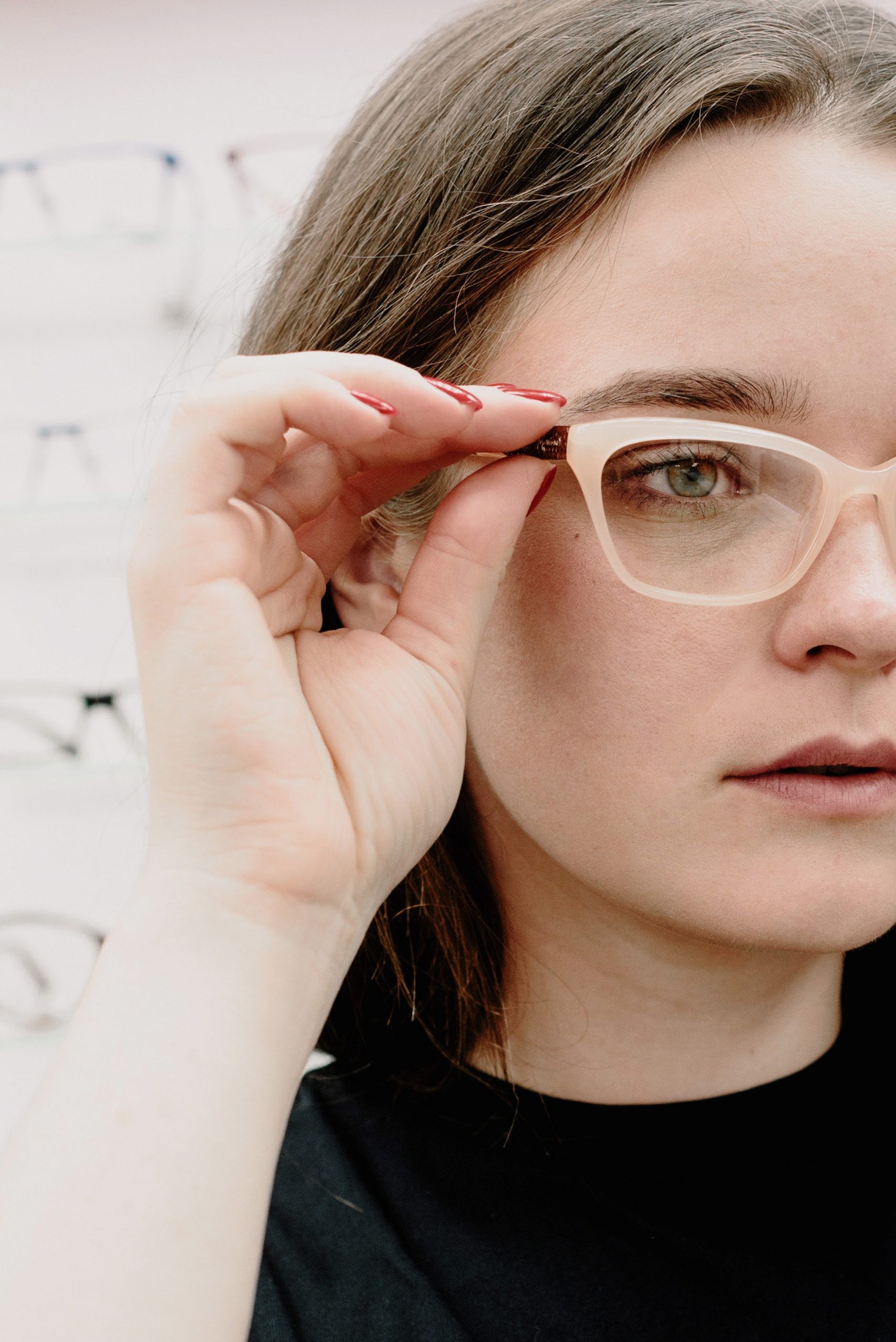How can University students preserve their eyesight?
College students spend too much time studying in front of computer screens, and not enough time caring for their eyes. This is resulting in an explosion of progressive eye deterioration globally.
Gary Rodney, the Founder of Smart Vision Optometry and a leading Smart Vision Optometrist at Eyes InDesign Mosman, explains ways students can minimise eye strain and headaches.
Since students spend a substantial amount of time on technological devices, it is important to monitor the brightness and darkness of device to prevent eye strain.
It is also important to have a full functional vision skills assessment rather than a traditional eye sight test to determine exact levels of eyestrain at the computer viewing distance. Appropriate visual stress relieving prescription computer glasses can then be prescribed to minimise the damage from staring the screen for long periods of time.
If technology is constantly used for an extended period of time, it’s also important students take regular breaks. “It can help reinvigorate your eyes and reduce stress,” says Rodney. “Every 5 minutes we should look out the window briefly to view a distant object and every 30 minutes we should have a complete 10 minute break. Hard to do but important for the long term health of your eyes.”
Additionally, a study found that prolonged exposure to blue light can cause long-term damage to the cells in your eyes. The good news is that there are ways to filter out blue light.
Visible light can be divided into three categories: blue light, green light, and ultraviolet light. “The high energy of blue light makes it more dangerous to the eyes than other visible light,” says Rodney. The visible light spectrum has a variety of wavelengths and energy. The blue light, also known as the blue spectrum, has the highest energy level.
Computer eyeglasses can reduce blue light exposure from electronic devices. Computer glasses can help improve your vision for both phone and computer use.
Computer glasses help relieve stress and improve focusing by protecting the eyes from blue light and stopping the eyes from over focussing. They also provide protection from the effects of computer use on the eyes. “A screen brightness filter is a simple and effective way to reduce blue light exposure on your devices,” says Rodney. It works by adding a blue light filter to the screen.
Computer glasses are designed to see objects that are within arm’s length, and should not be worn for driving or other distances-vision needs. “If a person have near-sightedness or far-sightedness, prescription computer glasses can help improve the vision for phone and computer use,” says Rodney.
“Some anti-reflective coating products are used for computer glasses and eyeglasses that protect against blue light,” says Rodney. Persons can also benefit from all-purpose prescription glasses that feature photochromic lenses. These lenses protect the eyes from blue light and reduce glare.
As the use of electronic devices grows, many people are suffering from Computer Vision Syndrome (CVS). The condition causes blurred vision and other symptoms.
The angle at which you look is a crucial component of CVS. Ideally, the centre of the monitor should be positioned between your eyes and the objects in front of it.
Take breaks when using a computer or device for long periods of time to prevent eye strain. Also, look away from the screen for 20 seconds and focus on a distant object. People tend to blink about 18 times a minute, while computer users only blink once a fourth of the time. This causes the risk of developing dry eyes.
Tear film is a vital component of keeping you comfortable while using a computer. Its high-resolution camera makes it possible to see the finest of structures in the tear film. Technology can be used as a non-invasive procedure that can evaluate the quality and functioning of tear film. It can help diagnose Computer Vision Syndrome.
A Smart Vision Optometrist can help find the best computer glasses to protect the eyes. Even with the best eye care, it’s still a good idea to get a bi-annual check-up. “Regular eye examinations can help to improve and maintain good eye health, and prevent age-related diseases such as macular degeneration (AMD),” says Rodney. “It’s also a good idea to schedule an exam if you notice any of the following symptoms: red, puffy, and uncomfortable eyes, or fatigueing or headaches or losing your place when reading” says Rodney.
“Getting your eyes checked can help prevent vision problems that can affect both vision and overall health. Myopia control is a massively concerning area of global eye problems and latent hyperopia can cause a great amount of unnecesary symptoms. Astigmatism also seems to increase with unaddressed eye strain”.
Even if you do not need glasses or contacts for regular activities, “a person may still need them if they use a computer or device,” says Rodney.
Smart Vision Optometry clinics are located in Sydney. Book a Smart Vision Comprehensive Vision Skills Assessment or Advanced Eye Health Test for any child or adult by calling the Mosman clinic (02) 9969 1600 or the Bondi clinic (02) 9365 5047, alternatively book an appointment online.







